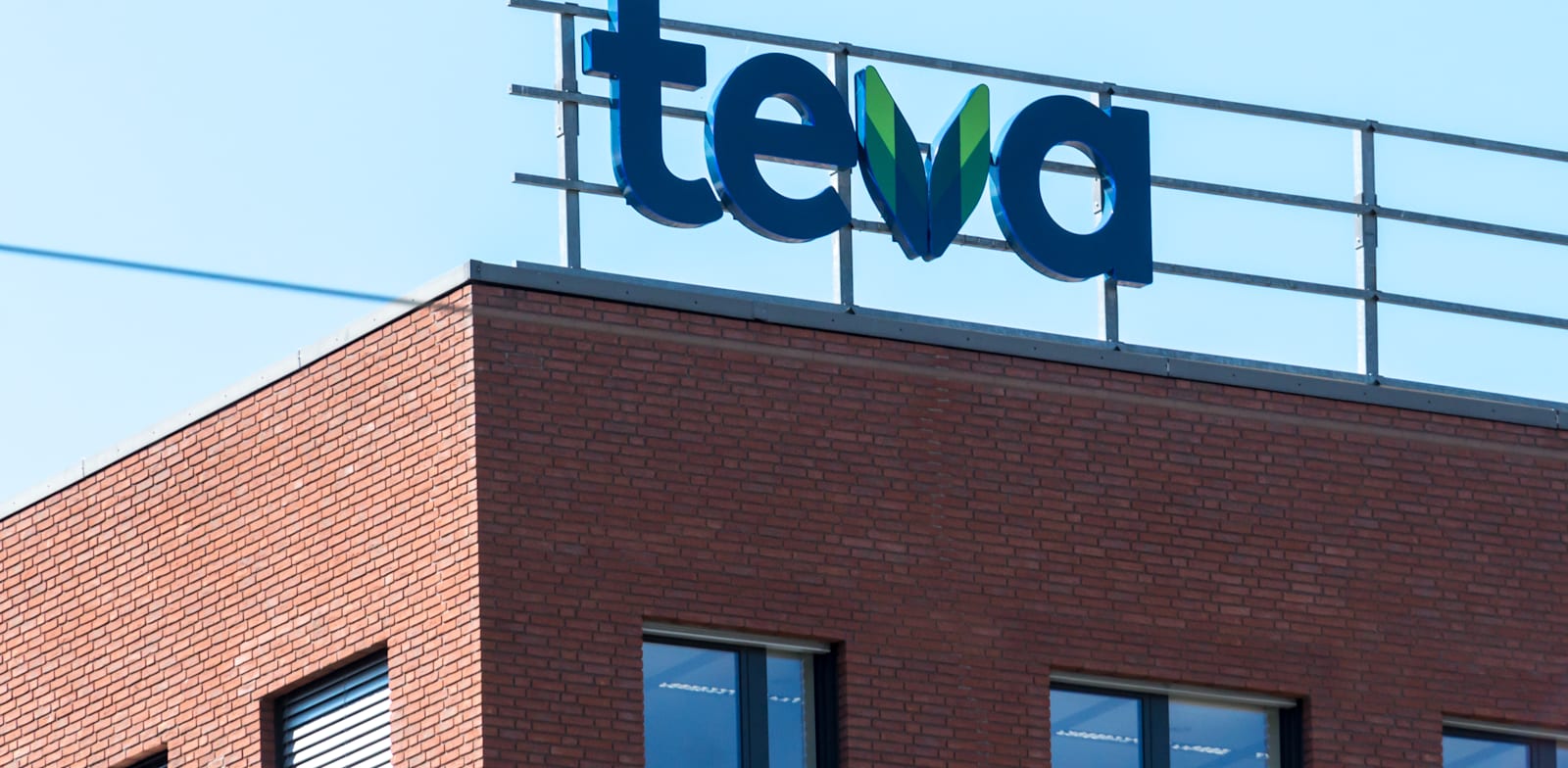(Reuters) – Japanese auto giants Honda Motor and Nissan Motor will begin negotiations to merge as they face rising competitors from larger international electrical car makers, the Nikkei newspaper reported on Tuesday.
The carmakers have elevated ties in latest months as they wrestle with the altering EV panorama. Heavy competitors from Tesla and native rivals in China, a nation quickly adopting EVs, and stalling demand in Europe and the U.S. have intensified the stress conventional automakers face.
Honda and Nissan on Tuesday issued similar statements saying no merger had been introduced by both firm. Reuters has not independently verified the report.
“As introduced in March of this yr, Honda and Nissan are exploring varied prospects for future collaboration, leveraging one another’s strengths,” the businesses stated in separate statements, including they are going to inform stakeholders of any updates at an applicable time.
As well as, French automaker Renault, a serious Nissan shareholder, stated it has no info on the matter and declined to remark.
Over the previous yr, an EV value conflict launched by Tesla and Chinese language automaker BYD has solely intensified stress on any firms dropping cash on the next-generation autos. That has put stress on firms like Honda and Nissan to hunt methods to chop prices and velocity car growth, and mergers are a serious step in that route.
Honda’s market capitalization is 5.95 trillion yen ($38.8 billion), whereas Nissan’s is 1.17 trillion yen ($7.6 billion). Any deal can be the largest within the trade because the $52 billion merger between Fiat Chrysler and PSA in 2021 to create Stellantis.
Honda’s U.S.-listed shares have been up 1.3% in afternoon buying and selling.
Nissan and Honda, Japan’s third- and second-biggest automakers, respectively, after Toyota, have been dropping market share in China. That nation accounted for nearly 70% of world EV gross sales in November, with greater than 1.27 million in purchases for the month.
The 2 had mixed international gross sales of seven.4 million autos in 2023, however are grappling with challenges from EV makers, significantly in China, the place BYD and others have surged forward.
International automakers Common Motors and Ford have slowed investments in EVs as excessive borrowing prices and poor charging infrastructure hinder their adoption regardless of authorities incentives. In September, GM stated it was in talks with South Korea’s Hyundai Motor to discover methods to collaborate in a transfer to chop prices, together with on joint car growth.
Europe’s automobile sector is in turmoil, with 1000’s of jobs on the road as automakers endure from a weakening market, excessive prices, a slower-than-expected takeup of EVs and growing competitors from Chinese language rivals.
Story Continues

















